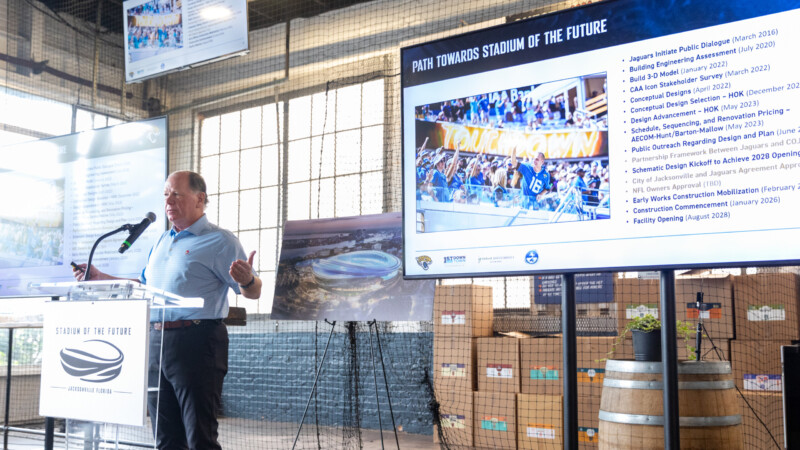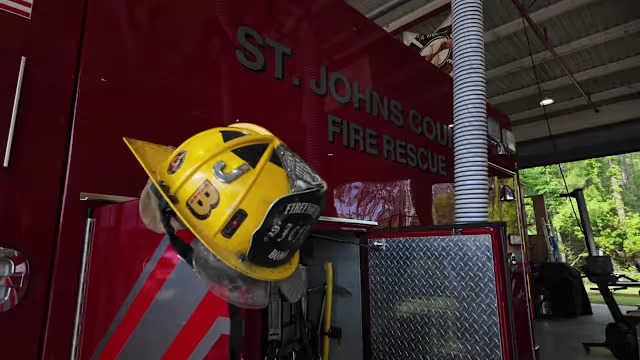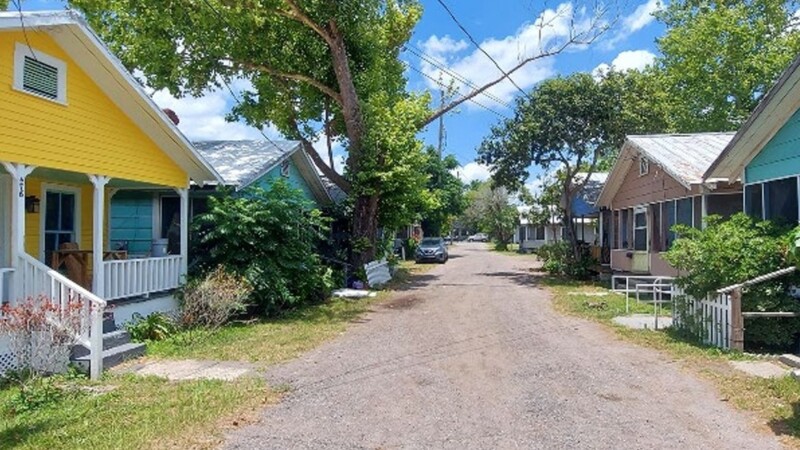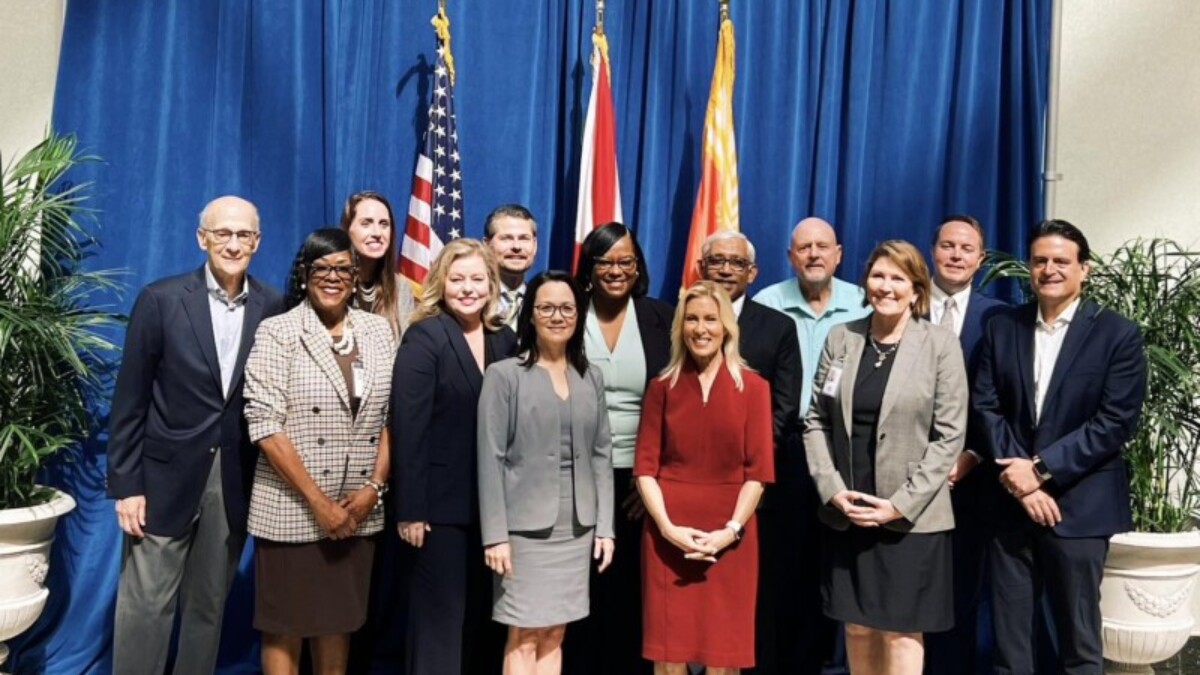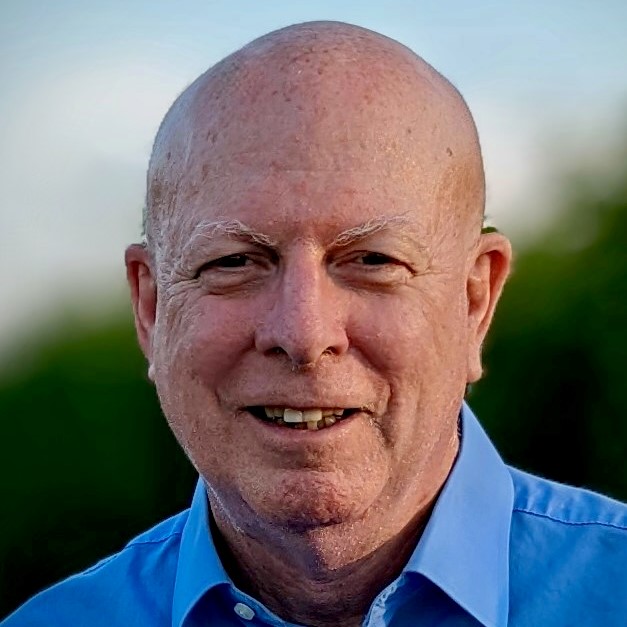
Money talks. So what does $76 million over 30 years say? If that’s not a blank check, it’s mighty close.
That’s what it would take to float bonds for $1 billion, the city of Jacksonville’s 50% share of an upgraded football stadium and entertainment district.
And this comes after Forbes reported that the Jaguars rank No. 8 of 32 NFL teams in profitability.
Presuming the Donna Deegan administration is going to hire a tough negotiator, how much can reasonably be sliced off the city’s $1 billion share?
The Jaguars are correct in stating that small markets like Indianapolis or Cincinnati typically pay a large local share for football stadiums. Unlike other NFL cities proposing new football stadiums, Jacksonville’s revenue options for its local share are limited. In contrast, the local share of funding other major NFL stadiums comes from the state (which Florida refuses to provide), local sales taxes (which Florida refuses to allow) or bed taxes (Jacksonville’s relevant bed tax revenue would only raise about $130 million a year if bonded).
So, Duval will have to mostly use its general fund. Private fundraising won’t raise the hundreds of millions of dollars that the city will need.
Bottom line: This financial decision will be a political one even if Jaguars owner Shad Khan doesn’t want it to be. “This is not a tradeoff for a social cost versus a stadium,” Khan told Jacksonville Today. “That’d be a terrible thing.”
I believe that Khan believes that. And it’s not his fault that the state of Florida makes it so difficult for Jacksonville to finance stadium upgrades with tax dollars.
Nevertheless, the politics will be traumatic.
When it comes to financing a major upgrade of Jacksonville’s football stadium, TIAA Bank Field, there are three kinds of people.
First, there are people like the callers to First Coast Connect who don’t want one cent of taxpayer money going to help a multi-billionaire owner of the Jaguars. This group appears to be a majority since a University of North Florida poll found that 61% oppose using public funds for a renovated stadium.
Second, there are the sports fans who see the Jaguars franchise as validation of Jacksonville as a big league city. In their view, losing the team would revive all of Jacksonville’s chronic self-esteem issues. (I don’t agree. Jacksonville has improved from 30 years ago.)
Third, the rest of us would like to see the Jaguars stay here but at a reasonable cost. We are keenly aware that Jacksonville has many serious issues that need money. We are a city that loves studies and pilot projects but just can’t make itself pay much for them — except when it comes to this Jaguars proposal.
Jacksonville is in a box in which the cost of stadium upgrades will be competing with other needs like improving health disparities, reducing murders and improving infrastructure in the core city.
I’d love the deal that the Buffalo Bills have that requires “only” $250 million from Erie County to build a new $1.5 billion stadium. But Jacksonville won’t get $600 million from the state of Florida, unlike the state of New York’s contribution to the Bills’ new stadium.
And I’d love the Tennessee Titans’ deal with Nashville-Davidson County. But Jacksonville won’t be getting $500 million from the state of Florida like the Titans will receive from the state of Tennessee. Nor will Jacksonville get revenue from a special sales tax or a special bed tax like the Titans will receive.
Then there is New Orleans, where the Caesars Superdome is named for the casino that is located near the domed football stadium. When I looked into the New Orleans proposal for renovating the nearly 50-year-old stadium, I was not surprised: Most of the funding will come from the Louisiana Stadium and Exposition District. And where does most of its revenue come from? Bed taxes on hotel rooms. The state of Louisiana is making a contribution, too.
Indianapolis, another small-market team, financed its share of Lucas Oil Stadium with a hodgepodge of taxes, according to the Indianapolis Star: Taxes on tickets, auto rentals, beverages in counties surrounding Marion County and sales and income taxes collected from a “Professional Sports Development Area.”
Let’s take a look at Jacksonville’s revenue options.
The best way: User fees
The least controversial form of government revenue is to charge people for using services. Tolls are a great example. Typically, drivers have the option of using the convenience of a toll road or a more heavily traveled road. Jacksonville built its excellent system of expressways using tolls until the voters replaced that revenue source with a sales tax in 1989. Now the Florida Department of Transportation is using tolls for road expansions.
An additional advantage of tolls is that commuters or drivers passing through the city add to the revenue stream.
When it comes to the Jaguars, bed taxes represent a relevant user fee. When you stay at a hotel or motel room in Duval County, you pay a 6% bed tax. That is broken into three parts: 2% for football stadium improvements, 2% for football stadium operations and maintenance and 2% for convention and visitor marketing. That revenue is limited, though, since Duval County is not a major tourist destination. Duval County is on pace to collect about $30 million this year in total bed tax revenue, which is less than one month’s average collection in Orlando’s Orange County. The $10 million portion devoted to the stadium facility could be bonded to about $130 million.
An indirect user fee comes from JEA, the municipal electric and water utility. JEA negotiates an annual contribution to city government, which currently is set at about $122 million.
Second-best way: Sales taxes
Because Florida has no income tax, the state government relies on sales taxes to fund much of its services. Therefore, available uses for local-option sales taxes are strictly limited. The Curry administration managed to convince the Florida Legislature to add funding of police and fire pensions for local option sales taxes. Sales taxes typically collect about 30% of their revenue from out-of-county residents and visitors. Sales taxes also touch every resident, so they are best justified for services that everyone uses, such as public safety. The Florida Legislature has consistently opposed allowing local option sales taxes for sports stadiums.
The worst way: Ad valorem taxes
Real estate taxes are the least popular form of taxation. They affect the affordability of home ownership. And they target a limited number of residents, though it is reasonable to assume that rent is raised to account for taxes. Some homeowners who rent houses here live outside Jacksonville, so these taxes would represent their support of the city.
The city of Jacksonville sometimes offers reductions in ad valorem taxes to provide incentives for development Downtown, for example, or in areas that can use a boost.
Whose money is it?
At a $1 billion price tag for the city’s share, it means even creative options — like private fundraising — will only make a small dent in the total bill.
The way the NFL figures it, any revenue that is paid to the team is team revenue. I don’t buy that. The people of Jacksonville and Northeast Florida are the ones buying tickets — not Shad Khan. And selling Personal Seat Licenses — another form of increasing revenue — comes from the people, not from Khan’s personal fortune.
Also, a creative form of revenue — selling stock in the Jaguars — falls under the same principle that it normally would be considered team revenue.
Selling stock would be one way to encourage participation from surrounding counties to Duval. After all, St. Johns County is one of the wealthiest counties in Florida and one of the fastest-growing counties in the U.S.
So this should be a subject for negotiations. The city of Jacksonville should not be limited to the general fund or ad valorem taxes for its share of the stadium and entertainment district project.
As Jaguars spokesmen have pointed out, even if the team agrees to creative funding options, the final decision will have to be made by NFL owners.
The difficulties keep piling up.
Lead image: Jacksonville Jaguars team President Mark Lamping outlines the team’s plans to renovate TIAA Bank Field during a community meeting Monday, June 12. | Will Brown, Jacksonville Today

Mike Clark devoted about 47 years to Jacksonville's two daily newspapers. He retired in 2020 after 15 years as editorial page editor at The Florida Times-Union, where he and his staff won local, state, regional and national journalism awards.
He is the author of the new book, “Civil War Survivor: Incredible True Story of a Union Private.”

